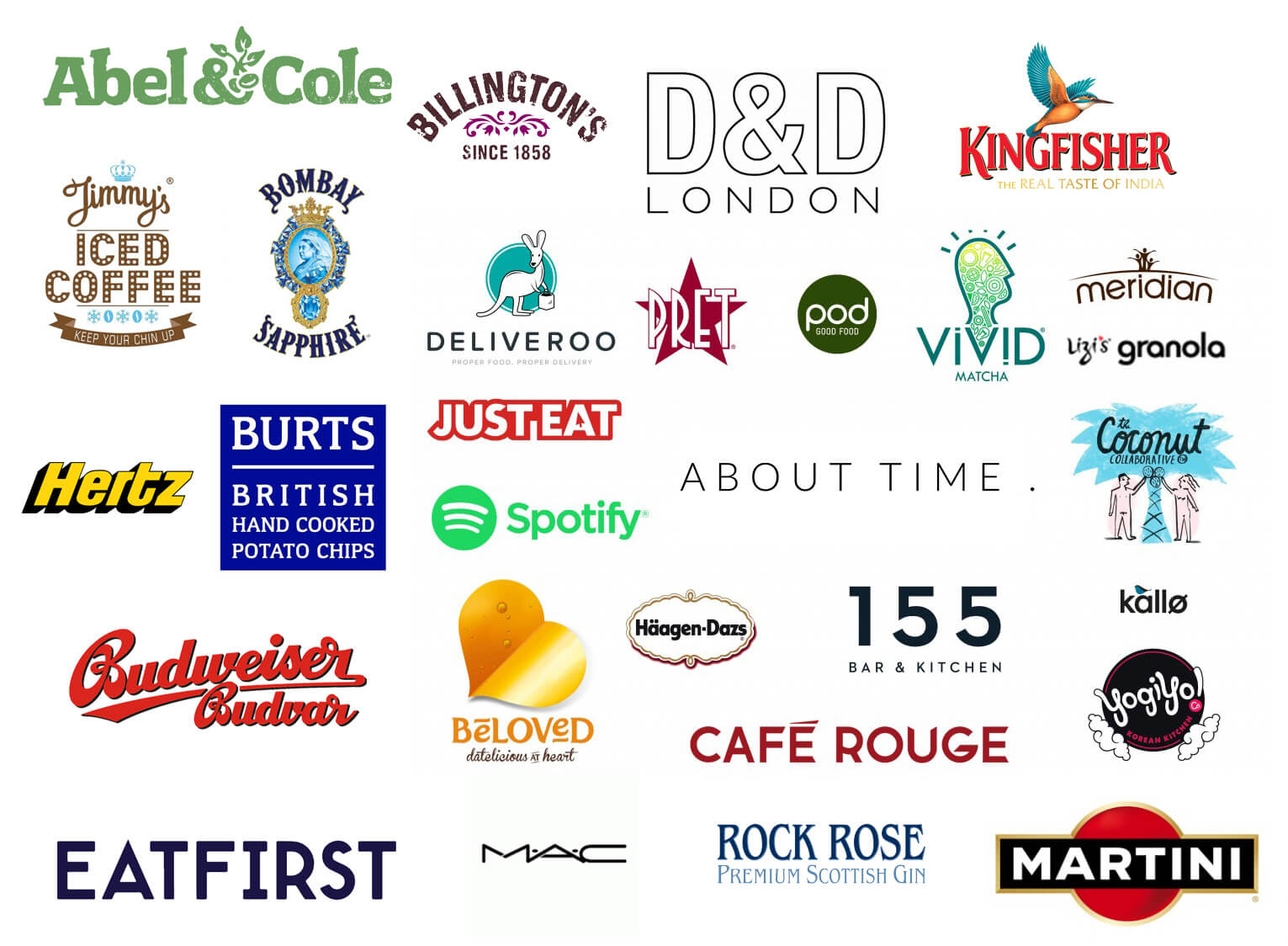About Time: You Discovered the Hospitality WarsBy Angelica Malin
The hospitality industry has experienced a massive shake up in recent years – and it’s taken a toll on the hotel market. A recent report commissioned by the Hotel Association, predicted that hotels are now losing $450 million in revenue to rival accommodation site Airbnb. This impact is also being seen in wider areas, such as employment in the hotel industry. Less need for hotels results in job cuts to save money – and so far, 2,800 jobs have been lost due to the rise of Airbnb.
Why are people choosing Airbnb accommodation over a hotel?

Airbnb can be a better value option if you happen to be booking a room for more than two people – as whole apartments are available making it the preferable option for families and large groups of friends.
Airbnb is also able to accommodate those who don’t want to pay a premium price for the last few hotel rooms in an area. This is actually the reason why the founders started the company, as they rented out space in their home to people who were unable to find affordable accommodation for a local business event.
Arguably, some may say that those using Airbnb are the type of person who will always opt for an ‘authentic’ experience when they travel, preferring to live like a true local. These are the travellers who would rather sleep in a yurt than ask for a turn down service or settle down for the night in an authentic Japanese apartment complete with a soaking tub and tatami mat flooring, instead of a chain hotel.
As Airbnb co-founder, CEO and Head of Community Brian Chesky said in an open letter to the Airbnb community: “Ten years after we started Airbnb, I have often thought, how could an idea like millions of strangers sleeping in each other’s homes ever work? The truth is that we, Airbnb the company, did not do most of this. Our hosts, and the broader Airbnb community, created most of this.”
For many, Airbnb’s popularity stems from the experience gained by sleeping in a ‘real’ location. It’s looking to create a community vibe to its business model, encouraging people to offer out their homes and lives to strangers – providing an authentic experience for tourists.
The effect on the hotel industry

Since Airbnb’s rise to power in 2009 (two years after its concept), its community has grown – and with its now near 5 million strong listings around the world since, so has the impact on the hotel industry. In February this year, Forbes reported that the rise of Airbnb lead to 1.3% fewer hotels being booked and a 1.5% loss of revenue – in the US alone. This has resulted in hotels in larger cities reconsidering what they are charging consumers – meaning lower prices for those who are located close to a cluster of Airbnb properties.
According to research carried out in 2015, 55% of those who took part in the survey use Airbnb simply because it is the cheaper option. Those who rent out their homes set their own rates and you can definitely nab a bargain if you avoid the city centre.
It’s also worth noting that 33% choose Airbnb for location and 17% because large parties can be accommodated – with whole apartments or homes available to rent for the weekend, something hotels are unable to cater for. In this ever changing market, it may appear that Airbnb definitely has the upper hand now – snapping up customers that perhaps would have once paid over the odds for accommodation.
But change is on its way
However, a new competitor has recently entered the arena – the day break hotel. Looking to win back business for the hotel industry, it’s a new venture many big chains are now looking into offering. They do this by working with a brand such as Day Use, Between 9 and 5 or DayBreakHotels.com. This then allows people to book a hotel room for the day and enjoy all its facilities – before returning home to their own bed at the end of it all. These companies allow people to book a room between the hours of 9am and 12am while enjoying discounts of up to 70% from the standard night prices.
DayBreakHotels, for example, has already seen great success in Italy and is now expanding fast in the UK, giving the British hotel market a boost after being hit by the influence of Airbnb – especially in bigger cities such as London.
The day break hotel providers are also partnered with big players in the UK hospitality industry. Holiday Inn, Hilton, Sheraton and Radisson are all brands that are now offering day rooms, across the UK.
How is the day use hotel making an impact?

Simon Botto, co-founder and CEO of DayBreakHotels, said: “We are extending the traditional definition of a hotel…by allowing customers to book hotel rooms and services for a limited amount of hours. This transforms our partner hotels into temporary offices or daycation destinations for city-residents.”
Hotels that have already partnered with the business have witnessed a 10-20% increase in profit – as they benefit from paying customers around the clock. They are reserving and using rooms that would once have remained empty for a number of hours, providing a significant boost to the everyday revenue of a hotel.
On average, DayBreakHotels predicts that 2.5 million rooms remain empty every year but booking them out during the day can significantly boost a hotel’s profits. This makes it a worthy competitor with the Airbnb market and a new method of boosting the industry again.
Why is booking a hotel room for the day rising in popularity?
It’s essentially changing the way we think about hotels – they are no longer just destinations to sleep in. This new trend looks to only grow in popularity, as hotels recognise the benefits of it and jump on board. Soon, you’ll be taking a nap in a plush hotel room before using the spa facilities in your hometown or ordering room service in a hotel near the airport before you head over to jump on your flight.
Day break hotels are simply adding another advantage for the hotel industry. Hotels can now offer something extra that Airbnb providers perhaps can’t, pushing forward the concept of a ‘daycation’ and boosting hotels revenue streams.
They provide a ‘quick fix’
A hotel room for the day can be a leisure resort to spend part of our weekend relaxing in – taking advantage of spa facilities, the buffet breakfast and a comfy bed to have a quick nap on. The concept is great for those who perhaps love spa breaks but don’t enjoy using gym lockers to house their belongings and would much prefer a hotel room to return to after a treatment.
They’re perfect for businesses
Hotels offer dining rooms and nooks with chairs that are perfect for business people travelling to meet clients. Booking a room at a grand hotel and using its conference room facilities is great for making an impression – when really you’ve paid very little to enjoy them.
They allow you to be a tourist in your own city
Staying overnight in a fancy hotel in your city may feel like a waste of time and money – after all, why pay all that money when all you intend to do is sleep? Booking a room for a day means you get to enjoy everything the hotel has to offer, enjoying value for money while still adding a little escapism to your weekend.
You get more for your money
With the discounts that come with booking a day room, you get real value for money. A spa day may cost the same as booking a hotel room for the morning and enjoying the spa facilities at the same time. Plus, you get a private room to return to when you want to get changed later.
Providing a day room booking service adds another weapon in a hotel’s arsenal against the rise of Airbnb. This shift in the market could tip the balance again, when it comes to who has the upper hand in the hospitality market.
Of course, Airbnb will still appeal to those travellers looking to truly live like a local but ultimately, you can’t beat the comfort of a hotel room.


